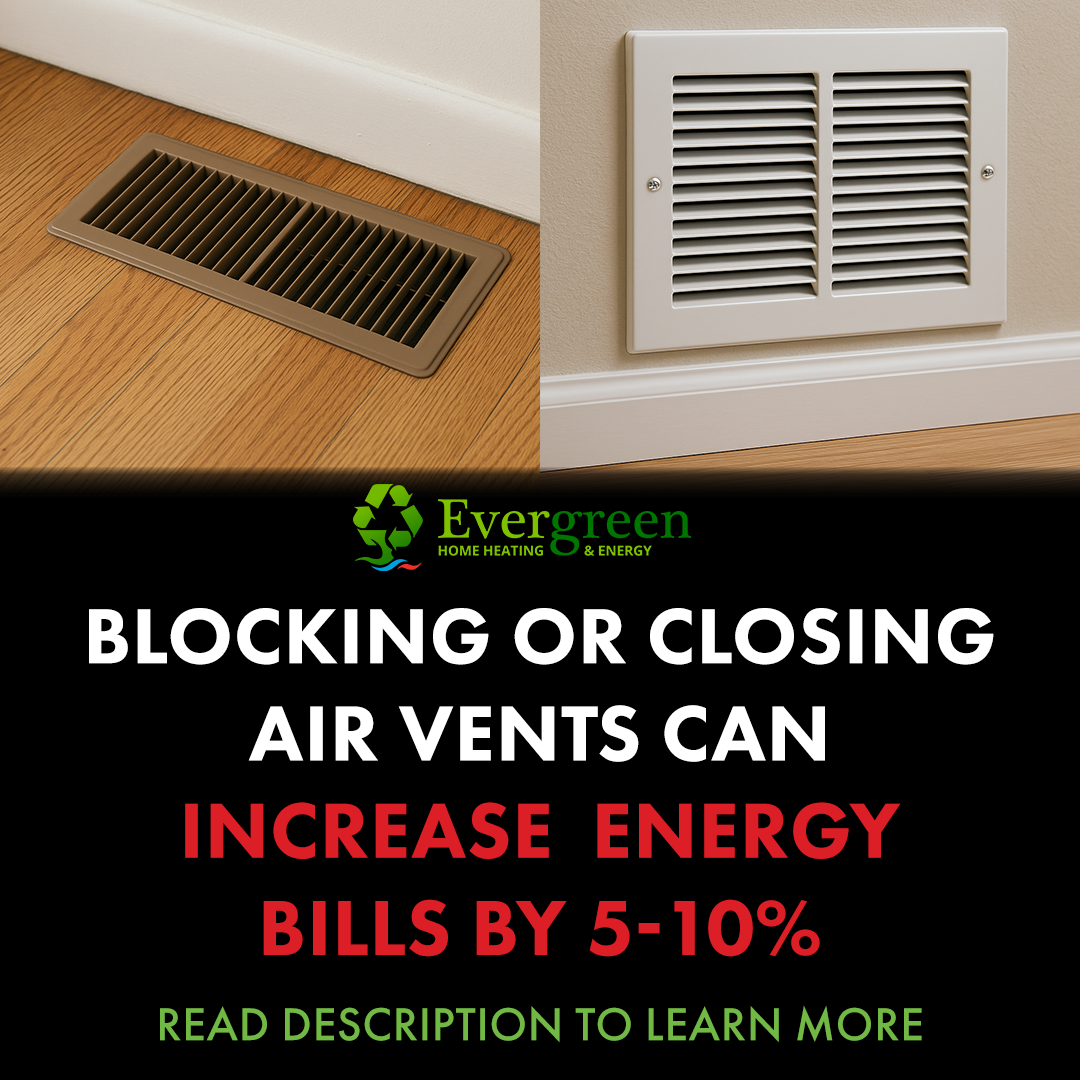Service Areas & Cities
Here Are The Areas We Serve In The King County Region
What is a Mini-Split Heat Pump

When deciding how to heat and cool your home, the options can seem endless, making it difficult as a consumer to know which type of system is the best for your comfort and wallet. Here in the Pacific Northwest, a great option is a mini split heat pump. So, what is a mini split heat pump?
A Mini Split Heat Pump is a modern, ductless, electric, and highly efficient way to heat and cool a home all year. Invented in 1959 by Mitsubishi, the mini split heat pump utilizes pressurized refrigerant to carry heat energy in and out of your home depending on the season. A mini split heat is extremely adaptable to any size space you need depending on the size of each unit. As technology has advanced, it is now possible to attach up to 8 mini splits to a single compressor. Meaning a mini-split system may be suitable to regulate your entire home!
A common question is: what is the difference between a heat pump and a mini-split heat pump? A heat pump is a broad category encompassing systems that provide both heating and cooling for homes. A mini-split heat pump is a specific type of heat pump that operates without ducts. Often referred to as a ductless system, mini-splits utilize wall-mounted units for both air intake and distribution within individual zones or rooms. While a heat pump can use ducts for air circulation, a mini-split offers more targeted and flexible heating or cooling solutions, making it particularly suitable for homes without existing ductwork.
Some advantages of a ductless system are…
- Installation: Ductless systems, also known as mini-split systems, do not require ductwork throughout the building. Creating a less invasive installation process and frequently less expensive if you don’t have an existing duct system.
- Flexibility: Ductless systems offer room-by-room temperature control. Each indoor unit can be controlled independently, allowing for personalized comfort settings in different areas of the building.
- Energy Efficiency: Ductless systems are highly energy-efficient because they do not suffer from energy loss through ductwork, which is common in central systems. They also use inverter technology, adjusting the compressor speed to meet the heating or cooling needs, leading to energy savings.
- Zoning: Ideal for homes with different heating and cooling needs in various rooms. They provide effective heating and cooling solutions for specific zones or rooms without the need to condition the entire building.
- Space-saving: Ductless systems are compact and do not require space for ductwork, making them suitable for smaller homes or spaces where duct installation is challenging.
Whereas the advantages of a central heat pump system are…
- Installation: Central heat pump systems consist of an outdoor unit (condenser) and an indoor unit (evaporator coil), often integrated with the existing furnace or air handler. They distribute heated or cooled air through a network of ducts in the building.
- Whole-House Comfort: Central systems are designed to provide heating and cooling for the entire house. They can maintain consistent temperatures throughout different rooms if the ductwork is well-designed.
- Aesthetic Appeal: Central systems keep the indoor environment visually uncluttered since all the equipment is concealed within the building's structure.
- Maintenance: Central systems require regular maintenance of ductwork to ensure efficient airflow. Filters need to be changed, and ducts should be inspected for leaks, which can impact energy efficiency.
- Initial Cost: Central systems are often more expensive to install, especially if ductwork needs to be added or modified. However, they can be cost-effective for larger homes or buildings when it comes to whole-house heating and cooling.
If you want to learn more about whether a mini-split or a central air heating system is the right option for you please check out our website or give us a call at 206-565-1455




